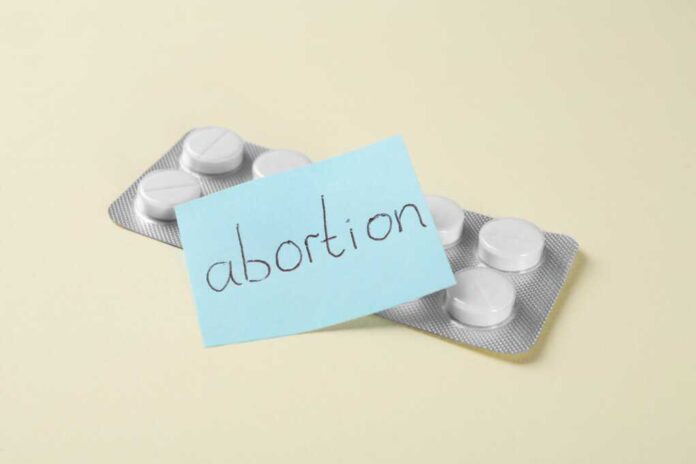
South Carolina’s Supreme Court has upheld the state’s six-week abortion ban, handing a major legal and political victory to pro-life advocates while sharply curbing access to abortion services.
At a Glance
- South Carolina Supreme Court unanimously upheld the six-week abortion ban
- Planned Parenthood’s challenge over the law’s clarity was rejected by the justices
- Judges affirmed that a fetal heartbeat is medically detectable by six weeks
- The law has led to an 80% reduction in abortion procedures in the state
- Lawmakers are considering even stricter measures, including reclassifying abortion as homicide
Judicial Momentum for Pro-Life Policies
The South Carolina Supreme Court issued a unanimous ruling upholding the state’s controversial six-week abortion ban, often referred to as the “heartbeat law.” The decision dismisses a legal challenge by Planned Parenthood, which argued that the law’s language around when abortion is banned was vague and unscientific. The court rejected this claim, asserting that the law clearly defines fetal heartbeat as “cardiac activity detectable via ultrasound,” typically occurring around six weeks of gestation.
Watch a report: South Carolina Supreme Court upholds abortion ban.
Chief Justice John Cannon Few emphasized that the statute’s terminology—specifically the phrase “steady and repetitive rhythmic contraction of the fetal heart”—was “objectively identifiable” through current medical technology, rendering Planned Parenthood’s ambiguity claims baseless.
Legal Setback for Abortion Rights Advocates
Planned Parenthood’s central contention was that doctors might be uncertain about the exact moment the law prohibits abortion, advocating instead for a nine-week threshold. However, the court pointed to previous testimony where the organization had acknowledged the clarity of the six-week cutoff. “It seems unlikely that abortion providers… have been left to ‘guess as to its meaning,’” wrote the majority opinion.
Governor Henry McMaster hailed the ruling as “another clear and decisive victory” for the pro-life cause in South Carolina. The data supports that claim: since the law took effect, abortion rates in the state have plunged by 80%, according to public health tracking.
Attorney General Alan Wilson echoed the sentiment, declaring the decision a “resounding win for the rule of law” and emphasizing the state’s sovereignty against “out-of-state interest groups.”
Political Fallout and National Impact
With twelve other states enacting similar abortion restrictions, South Carolina’s decision adds weight to a growing national trend of redefining reproductive rights at the state level following the U.S. Supreme Court’s 2022 overturn of Roe v. Wade. Some lawmakers in South Carolina are now proposing legislation that would reclassify abortion as homicide—a move certain to intensify legal and ethical debates nationwide.
While Planned Parenthood South Atlantic continues to criticize the ruling, arguing it harms healthcare access and women’s rights, the broader political momentum appears to be shifting further in favor of pro-life advocates.
As legal precedents harden and public policy follows suit, the South Carolina ruling could signal the onset of more aggressive pro-life initiatives throughout the U.S.—and ignite a fierce legal resistance from those fighting to restore reproductive freedoms.





























